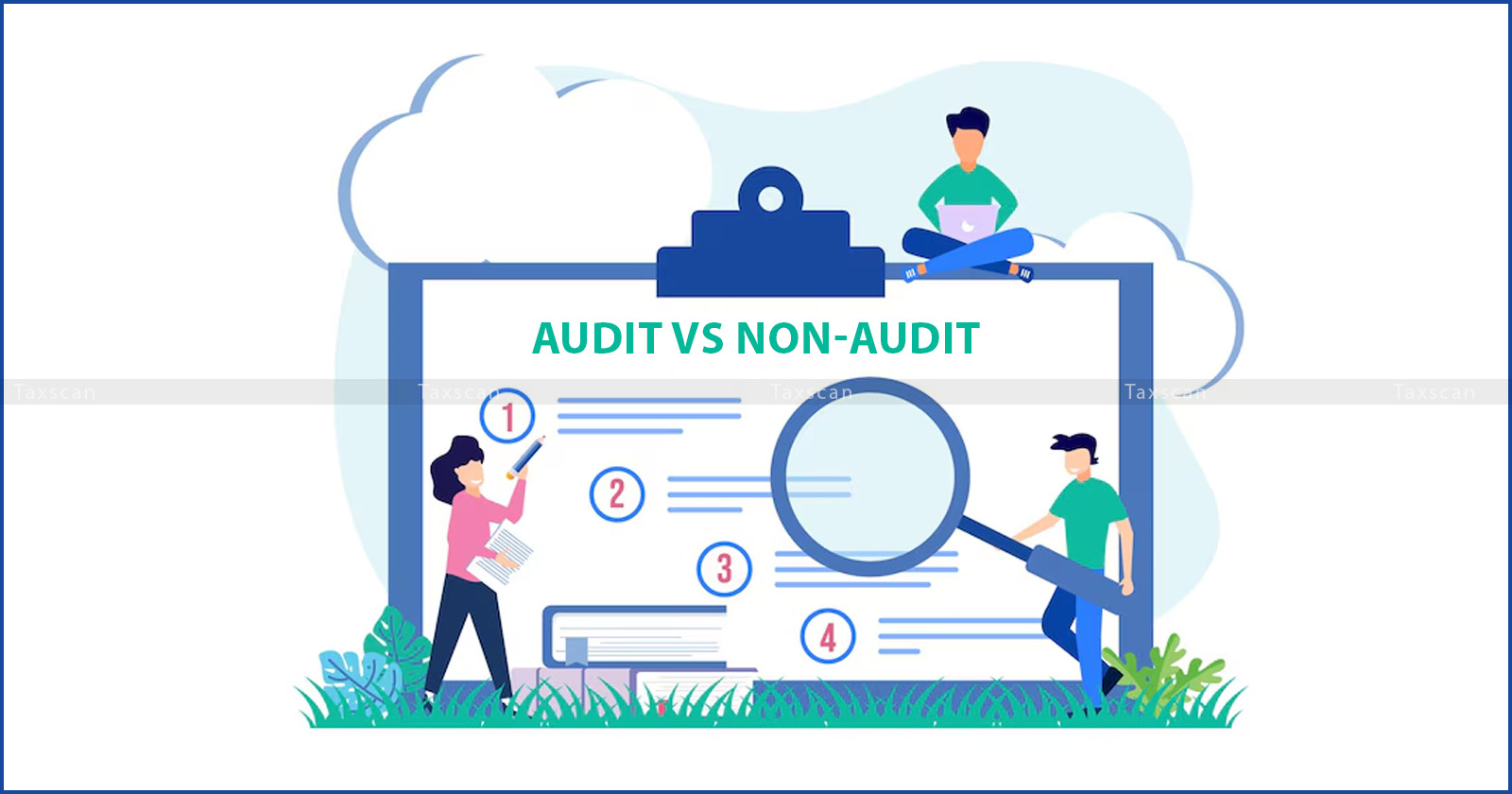Section 44AB Tax Audits: Do’s and Don’ts for Smooth Reporting
Section 44AB tax audits are not just a formality, and they are an important part of the taxpayer's compliance system.

Every year, as tax filing season approaches, many firms and professionals face an important compliance step, which is a tax audit under Section 44AB of the Income Tax Act, 1961. Section 44AB of the Income Tax Act, 1961, deals with the audit of accounts of certain persons carrying on business or profession.
This audit is intended to guarantee that financial records are accurate, transparent, and in compliance with the law, assisting the tax department in identifying anomalies and preventing evasion. Butt to be honest, dealing with a tax audit can be stressful, especially with changing rules, tight deadlines, and the fear of penalties. But again, that does not mean it should be overwhelming. Through this article will be looking intno what it actually means by Section 44AB Tax Audits and what the dos & don'ts are. With timely preparation, good record-keeping, and close coordination with your Chartered Accountant, you can get through it smoothly. Here’s a practical and easy-to-follow list of do’s and don’ts to help you stay compliant and stress-free.
Complete Ready to Use PDFs of 200+ Agreements Click here
Who is Required to Get a Tax Audit Under Section 44AB?
By virtue of Section 44AB of the Income Tax Act, 1961, it is compulsory for a certain class of taxpayers to undergo an audit of accounts based on their turnover or the nature of their income. According to Section 44AB(a) of the Income Tax Act, every person who is carrying on a business with a turnover or gross receipts exceeding Rs. 1 crore in the previous financial year
If a professional's gross receipts for the fiscal year exceed Rs. 50 lakhs, a tax audit is required. Additionally, if a person's declared income is less than the prescribed deemed income and their total income exceeds the basic exemption limit, they must go through a tax audit if they choose to opt out of the presumptive taxation scheme under S.44AD or 44ADA. Section 44AB also comes into play when cases as notified by the Income Tax Department or where an audit is required under other sections of the Act.
The audit report must be submitted by September 30 of the assessment year or October 31 for companies or those covered by transfer pricing.
Do’s for a Smooth Tax Audit Process
Now we will be discussing what all we must follow in order to have a smooth and hassle-free reporting under Section 44AB tax audit requirements.
1. Begin your preparation. Early: It is always best to avoid the year-end rush. So when you start early, you have more time to arrange financial records and addresses, deal with irregularities, and quickly answer auditor questions.
2. Maintain Proper Books of Accounts: Make sure that books are kept up to date in the manner specified by Section 44AA and supported by documentation. The cornerstone of any successful audit is accurate documentation.
3. Ensure Timely Filing of the Audit Report: The audit report (Form 3CA/3CB and Form 3CD) must be uploaded electronically by 30th September (subject to CBDT extensions). Late submission may invite penalties under Section 271B.
4. Ensure Data Consistency: By this, it means that it is vital to reconcile your financial statements with GST returns, TDS returns, and bank records. Discrepancies could trigger scrutiny or adjustment notices.
5. Cooperate with the Auditor: It is important to act responsibly, and thus it is suggested that you should appropriately provide all required details, such as trial balances, invoices, tax computations, and statutory filings. Because in the end, for efficient and accurate audit completion, efficient and prompt cooperation is necessary.
6. Verify Form 3CD Disclosures Carefully: As Form 3CD involves detailed reporting under multiple clauses, including statutory dues, depreciation, cash transactions, and related party dealings, make sure that each disclosure is precise to avoid futute confusions.
Don’ts: Common Pitfalls to Avoid
1. Pay Attention to Reporting Thresholds: Check the most recent turnover or receipt numbers and payment methods before assuming you are exempt from audit requirements (especially in light of the cash transaction clause).
2. Avoid Postponing Data Sharing: Postponing data sharing can shorten the audit timeline and result in hurried work or missed compliance deadlines.
3. Pay Attention to Penalty Risks: Non-compliance can lead to penalties under Section 271B of the Income Tax Act.
4. Don’t Rely on Estimated Figures: Always use verifiable data. Estimates or back-of-the-envelope figures can lead to audit failures or rejections by the Assessing Officer.
Section 44AB tax audits are not just a formality, and they are an important part of the taxpayer's compliance system. Taxpayers can avoid fines, ensure regulatory compliance, and gain credibility with stakeholders by taking a proactive and thorough approach. Businesses and professionals can quickly and confidently manage the tax audit process if they follow these guidelines and avoid the don'ts.
Step by Step Guide of Preparing Company Balance Sheet and Profit & Loss Account Click Here
Support our journalism by subscribing to Taxscanpremium. Follow us on Telegram for quick updates



